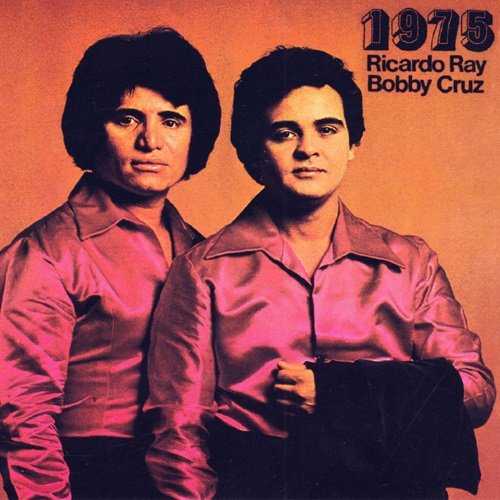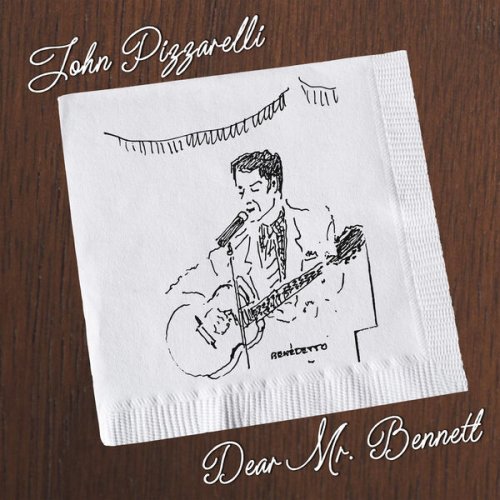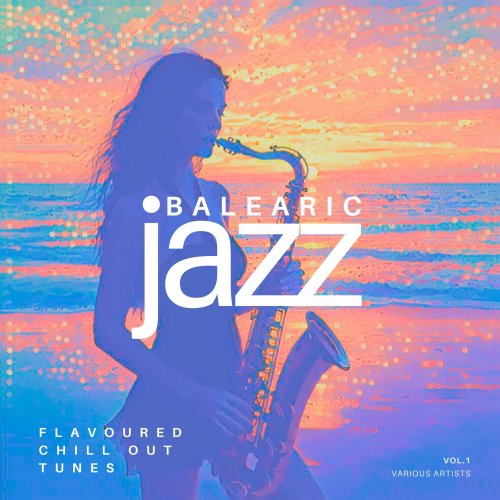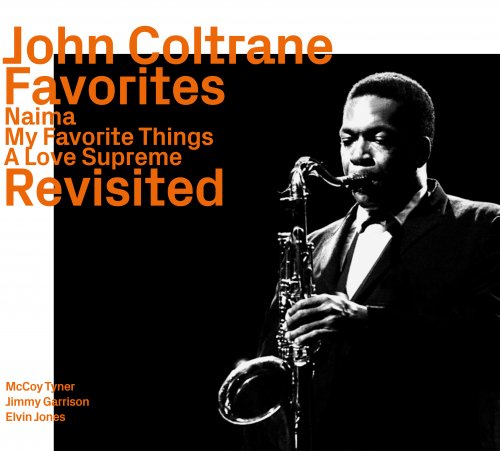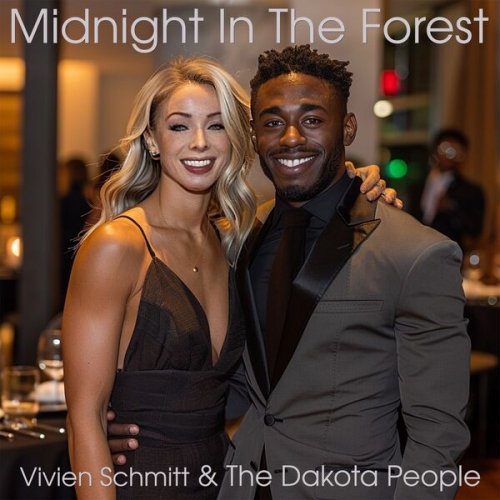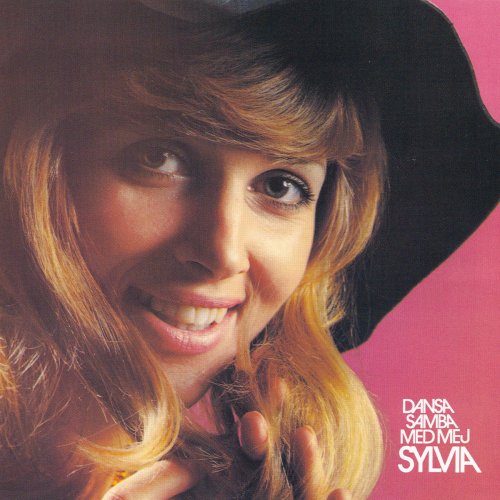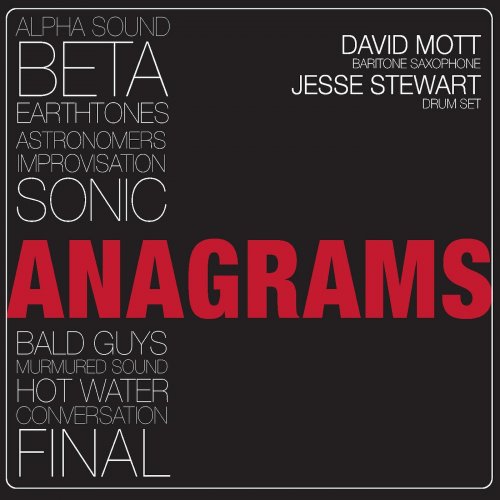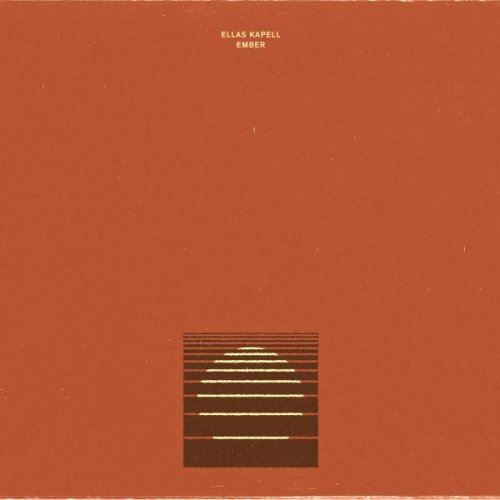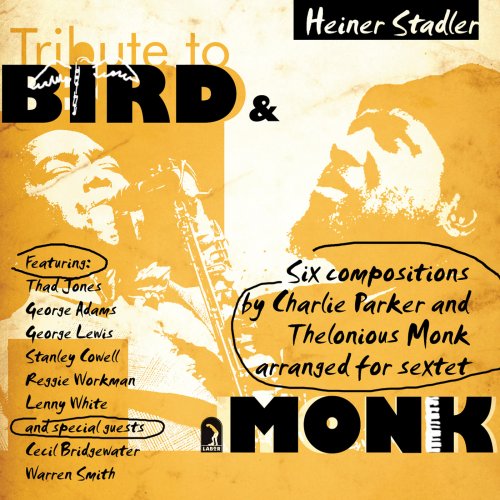James Booker - Collection (1976-1997)
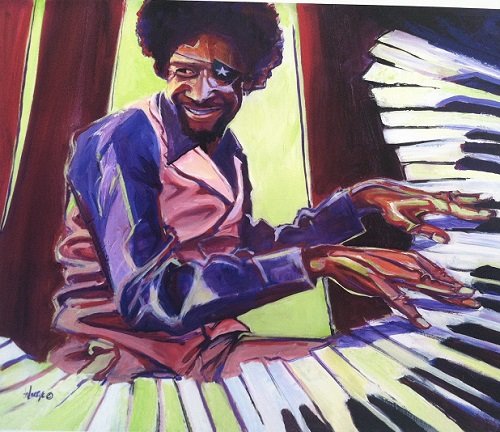
Artist: James Booker
Title: Collection
Year Of Release: 1976-1997
Label: Island Records, Rounder Records
Genre: Louisiana Blues, Piano Blues, New Orleans RnB
Quality: Flac (tracks, .cue, log)
Total Time: 05:27:00
Total Size: 1,9 Gb (scans)
WebSite: Album Preview
Tracklist:Title: Collection
Year Of Release: 1976-1997
Label: Island Records, Rounder Records
Genre: Louisiana Blues, Piano Blues, New Orleans RnB
Quality: Flac (tracks, .cue, log)
Total Time: 05:27:00
Total Size: 1,9 Gb (scans)
WebSite: Album Preview
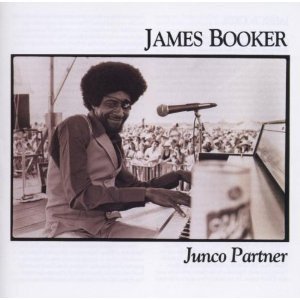
Junco Partner (1976/1993):
1. Black Minute Waltz
2. Goodnight Irene
3. Pixie
4. On the Sunny Side of the Street
5. Make a Better World
6. Junco Partner
7. Put Out the Light
8. Medley: Blues Minuet/Until the Real Thing Comes Along/Baby Won't You
9. Pop's Dilemma
10. I'll Be Seeing You
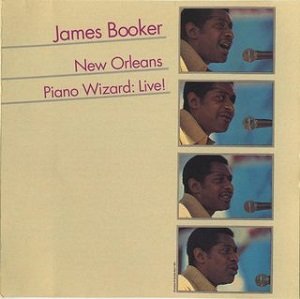
New Orleans Piano Wizard: Live! (1978/1992):
01. On the Sunny Side of the Street (3:43)
02. Black Night (5:39)
03. Keep on Gwine (2:58)
04. Come Rain or Come Shine (3:33)
05. Something Stupid (3:04)
06. Please Send Me Someone to Love (5:25)
07. Tell Me How You Feel (4:49)
08. Let Them Talk (4:00)
09. Come in My House (4:32)
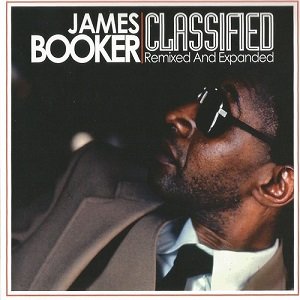
Classified: Remixed And Expanded (1982/2013):
01. Classified (4:03)
02. If You're Lonely (2:58)
03. Warsaw Concerto (2:47)
04. Lawdy Miss Clawdy (Solo Piano Alternate Take) (1:52)
05. Medley: Tico Tico / Papa Was a Rascal / So Swell When You're Well (4:54)
06. All Around The World (3:36)
07. Angel Eyes (3:46)
08. Lonely Avenue (3:37)
09. Professor Longhair Medley: Tipitina/Bald Head (3:40)
10. King Of The Road (3:11)
11. Theme From The Godfather (1:45)
12. Lawdy Miss Clawdy (3:29)
13. I'm Not Sayin' (5:17)
14. Hound Dog (2:30)
15. All These Things (2:43)
16. Yes Sir, That's My Baby (3:34)
17. Baby Face (3:21)
18. If You're Lonely (Solo Piano Alternate Take) (3:05)
19. Madame X (2:11)
20. One For The Highway (2:34)
21. Three Keys (3:21)
22. Amen (4:46)
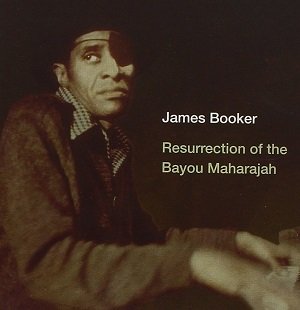
Resurrection Of The Bayou Maharajah: Live At The Maple Leaf Bar (1993):
01. Medley: Slow Down/ Bony Maronie/ Knock on Wood/ I Heard it Through the Grapevine/ Classified (9:39)
02. Medley: Tico Tico/ Papa Was a Rascal (7:38)
03. Medley: Lawdy Miss Clawdy/ Ballad at the Maple Leaf (7:26)
04. Minute Waltz (3:17)
05. All By Myself (3:29)
06. Save Your Love for Me (5:05)
07. Junco Partner (8:34)
08. St. James Infirmary (7:04)
09. Gitanarias (2:22)
10. Medley: Life/ Wine Spo-Dee-O-Dee/ It Should Have Been Me (7:39)
11. Pop's Dilemma/ Irene Goodnight (9:49)
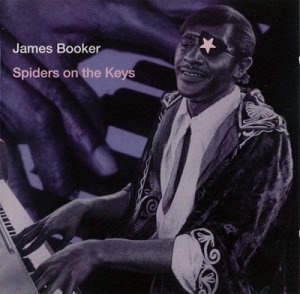
Spiders On The Keys (Live) (1993):
01. Papa Was A Rascal (7:46)
02. Sunny Side Of The Street (3:29)
03. So Swell When You're Well (3:02)
04. A Taste Of Honey (5:36)
05. He's Got The Whole World In His Hands (2:27)
06. Gonzo's Blue Dream (4:01)
07. Eleanor Rigby (4:11)
08. Malaguena (4:40)
09. Piano Salad (5:43)
10. Little Coquette (5:28)
11. Besame Mucho (4:10)
12. Tico Tico (4:43)
13. Over The Rainbow (2:34)
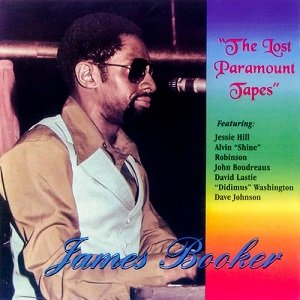
The Lost Paramount Tapes (1997):
1 Goodnight Irene 3:33
2 Feel So Bad 3:53
3 Junco Partner 5:07
4 African Gumbo 2:44
5 Lah Tee Tah 5:43
6 So Swell When You're Well 6:19
7 Stormy Monday 2:38
8 Hound Dog Medley 3:11
9 Hole In The Wall 2:10
10 Tico Tico 5:38
11 Junco Partner #2 3:52
Certainly one of the most flamboyant New Orleans pianists in recent memory, James Carroll Booker III was a major influence on the local rhythm & blues scene in the '50s and '60s. Booker's training included classical instruction until age 12, by which time he had already begun to gain recognition as a blues and gospel organist on radio station WMRY every Sunday. By the time he was out of high school he had recorded on several occasions, including his own first release, "Doing the Hambone," in 1953. In 1960, he made the national charts with "Gonzo," an organ instrumental, and over the course of the next two decades played and recorded with artists as varied as Lloyd Price, Aretha Franklin, Ringo Starr, the Doobie Brothers, and B.B. King. In 1967, he was convicted of possession of heroin and served a one-year sentence at Angola Penitentiary (referred to as the "Ponderosa"), which took the momentum out of an otherwise promising career. The rediscovery of "roots" music by college students during the '70s (focusing primarily on "Fess" by Professor Longhair) provided the opportunity for a comeback by 1974, with numerous engagements at local clubs like Tipitina's, The Maple Leaf, and Snug Harbor. As with "Fess," Booker's performances at the New Orleans Jazz & Heritage Festivals took on the trappings of legendary "happenings," and he often spent his festival earnings to arrive in style, pulling up to the stage in a rented Rolls Royce and attired in costumes befitting the "Piano Prince of New Orleans," complete with a cape. Such performances tended to be unpredictable: he might easily plant some Chopin into a blues tune or launch into a jeremiad on the CIA with all the fervor of a "Reverend Ike-meets-Moms Mabley" tag-team match.
Booker's left hand was simply phenomenal, often a problem for bass players who found themselves running for cover in an attempt to stay out of the way; with it he successfully amalgamated the jazz and rhythm & blues idioms of New Orleans, adding more than a touch of gospel thrown in for good measure. His playing was also highly improvisational, reinventing a progression (usually his own) so that a single piece would evolve into a medley of itself. In addition, he had a plaintive and seering vocal style which was equally comfortable with gospel, jazz standards, blues, or popular songs. Despite his personal eccentricities, Booker had the respect of New Orleans' best musicians, and elements of his influence are still very much apparent in the playing of pianists like Henry Butler and Harry Connick, Jr.
Booker's left hand was simply phenomenal, often a problem for bass players who found themselves running for cover in an attempt to stay out of the way; with it he successfully amalgamated the jazz and rhythm & blues idioms of New Orleans, adding more than a touch of gospel thrown in for good measure. His playing was also highly improvisational, reinventing a progression (usually his own) so that a single piece would evolve into a medley of itself. In addition, he had a plaintive and seering vocal style which was equally comfortable with gospel, jazz standards, blues, or popular songs. Despite his personal eccentricities, Booker had the respect of New Orleans' best musicians, and elements of his influence are still very much apparent in the playing of pianists like Henry Butler and Harry Connick, Jr.
